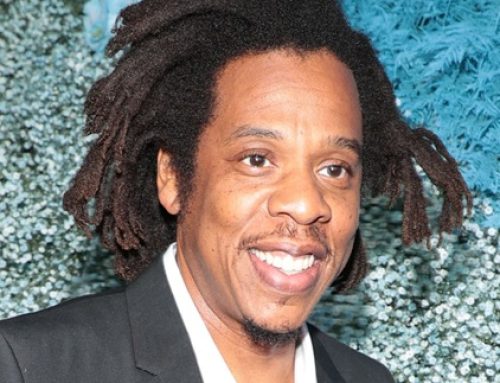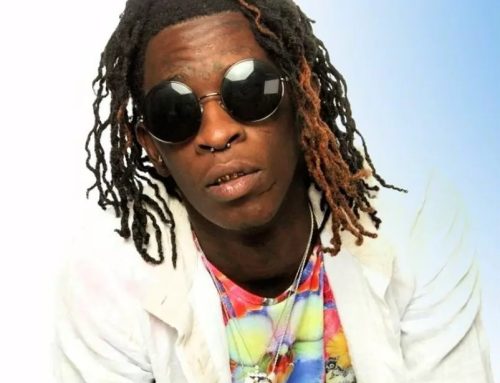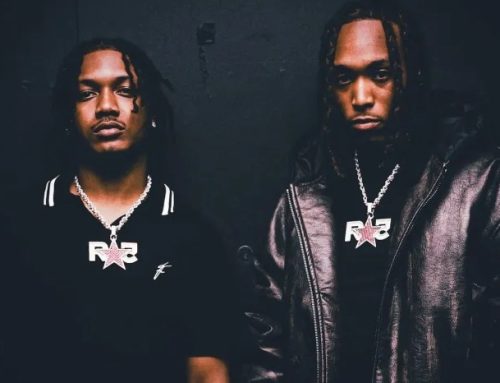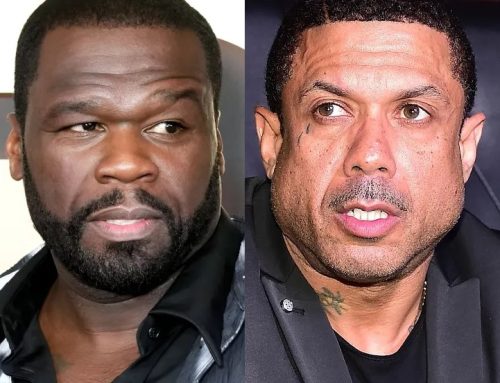Ahead of the broadcast debut of new Ruffles commercial at Sunday’s Grammys, the singer talks to Billboard about the Own Your Ridges campaign, his next album & Jacob Collier’s album of the year nomination.
Any hip-hop fan who has gone clubbing in the 2000s definitely fell under the spell of the T-Pain effect. He earned his stripes as a pioneer, with his crystallized voice that’s equal parts smooth like a crooner and stiff like a robot by way of Auto-Tune.
Those doubting if T-Pain could actually sing without Auto-Tune had their question answered once they watched his 2014 NPR Tiny Desk concert, which has amassed more than 20 million views on YouTube. But the voice behind the Billboard Hot 100 No. 1 hit “Buy U A Drank (Shawty Snappin’)” isn’t highlighted in his new Ruffles commercial, which will air during the 63rd annual Grammy Awards telecast on Sunday.
The spot features Lakers player Anthony Davis and Internet personality King Bach contemplating what Ruffles would be like without the chip’s notorious ridges. “It’d be like T-Pain without Auto-Tune,” Bach tells Davis before finding themselves in the studio, stunned by T-Pain’s chipmunk-pitched vocals.
Over Zoom ahead of the broadcast premiere of Ruffles’ Own Your Ridges ad, T-Pain tells Billboard: “It’s about owning everything that makes you unique and makes you you and being unapologetic about it. So it’s about everything that I’ve been doing for a long time. Like when you bring up Auto-Tune and stuff like that, I didn’t apologize for that. I kept going, I kept pushing, regardless of how much backlash I got for it, regardless how much praise other people got for it above me.”
The two-time Grammy-winning rapper’s participation in the campaign aligns with the rapper-singer’s commitment to his signature sound regardless of the love or hate he got for it during his residency in the top 10 of the Hot 100, where he notched 15 hits in the span of five years. But had he listened to the haters, those hits might not have kept coming.
“What I was led to believe was that I didn’t have a good idea. This was a bad idea. Even other artists, big artists, were telling me, ‘Stop. Don’t do that anymore. Nobody’s gonna like that on your next song. You can’t do that for two songs; you can’t have two songs with that same effect on. You got to do something different. Get off of that,'” T-Pain recalls. “I was like, ‘Nah, I like this a lot. I’m gonna keep doing this.'”
T-Pain walked so other artists like Chris Brown (“Kiss Kiss”), Snoop Dogg (“Sexual Eruption”) and Lil Wayne (“Lollipop”) could run with the Auto-Tune effect he helped popularize. He even said in an interview that Diddy paid him royalties for his use of Auto-Tune on the 2010 Diddy-Dirty Money studio album Last Train to Paris. T-Pain also served as a consultant on Kanye West’s experimental, groundbreaking 2008 opus 808s & Heartbreak, and the two won a Grammy that year for best rap song for “Good Life” from West’s previous album Graduation. But hip-hop purists like Jay-Z thought Auto-Tune had a good run, believing the pitch-correction technology was becoming more of a vocal crutch than a melody-driven tool. “Get back to rap, you T-Pain’n too much,” Hov rapped on “D.O.A. (Death of Auto-Tune)” in 2009. But that didn’t stop T-Pain in his tracks — no one did.
“And the crazy thing is one of the first artists that used it was one of the people that told me to stop using it. That was the craziest thing in the world,” he laughs while remaining tight-lipped about the identity of the artist. “I didn’t understand that, but I see why. You’re trying to get me out the way so that you can be the only one using it. That’s not happening. I know what’s going on. But that’s just the nature of the business.”
For other artists who have pioneered their own sound or made their sound increasingly popular, T-Pain encourages them to believe their ideas are good, especially good enough for others to imitate. “Don’t be the first one to stop doing it because it’s gonna leave room for them to take over,” he adds. But when it comes to Auto-Tune’s continued use in melodic rapping among today’s hottest stars like Roddy Ricch and Lil Durk, T-Pain doesn’t believe it’s “a craft to stay true to” nor the primary component that makes his sound his own.
“It’s more of the person behind it, and that’s what really makes the sound. Auto-Tune kinda just adds the flair to everything that I’m doing, so the songwriting, the subject matter, the context, the music behind all that, the different harmonies that we learned along the way. Harmonies evolve and harmonies really tell a story on their own,” he explains. “I wouldn’t say Auto-Tune itself has changed, I would say just the people behind it have.”
“I don’t think it was ever a craft stayed true to. I took it upon myself to go beyond, to really study, and I don’t expect anybody else to do that because that was a bi—,” he continues with a laugh, “trying to get in contact with [the engineer who invented Auto-Tune] Dr. Andy Hildebrand as a nobody, trying to talk to him and see how seismic data works, really trying to figure out what I was using and what was the actual limitations of the tool I had, and then to have him evolve the actual plugins to where you can do more with it. And you can humanize things and add vibrato to straight notes. … It became a lot, so I don’t expect anybody to go as in-depth as I did. So it’s not really a craft, and I think that’s what separated me from everybody else that uses it because who’s gonna do that? Nobody else is gonna do that. They’re gonna go into the studio, they’re gonna sing something, slap Auto-Tune on it, boom! There you go.”
For his upcoming album Precious Stones, T-Pain plans to dig deeper into himself as an artist. His explanation of mining for actual precious stones — “The deeper you go, the more vibrant the colors get, the more complex the cuts get” — sounds like a scene straight out of the Safdie Brothers’ 2019 film Uncut Gems. But he compares the process to someone discovering deep cuts by their favorite artists or new artists altogether. “If you look for different music that you’ve never heard before, you’ll find those precious stones that you didn’t know you needed,” he says.
That’s how T-Pain stumbled upon Jacob Collier, the 26-year-old instrumentalist wunderkind who’s up for album of the year at the 2021 Grammys for his album Djesse Vol. 3 on Sunday. He recruited T-Pain and Jessie Reyez on his song “Count the People” from the album, and T-Pain says it’s a “dream come true” to work with Collier.
“I don’t understand that man’s brain,” he chuckles. “I stumbled upon him on YouTube about four or five years ago. And anytime people came into my studio, when they were asking me about harmonies or anything like that, I would go straight to YouTube and go straight to Jacob’s videos. So having his team reach out to mine for us to work together … oh my God, it’s a dream come true. … This guy, he’s just so incredible. And to have him include me in his incredibleness and be on the same project as people like Ty Dolla $ign and my other favorite artists, I can’t thank him enough.”






